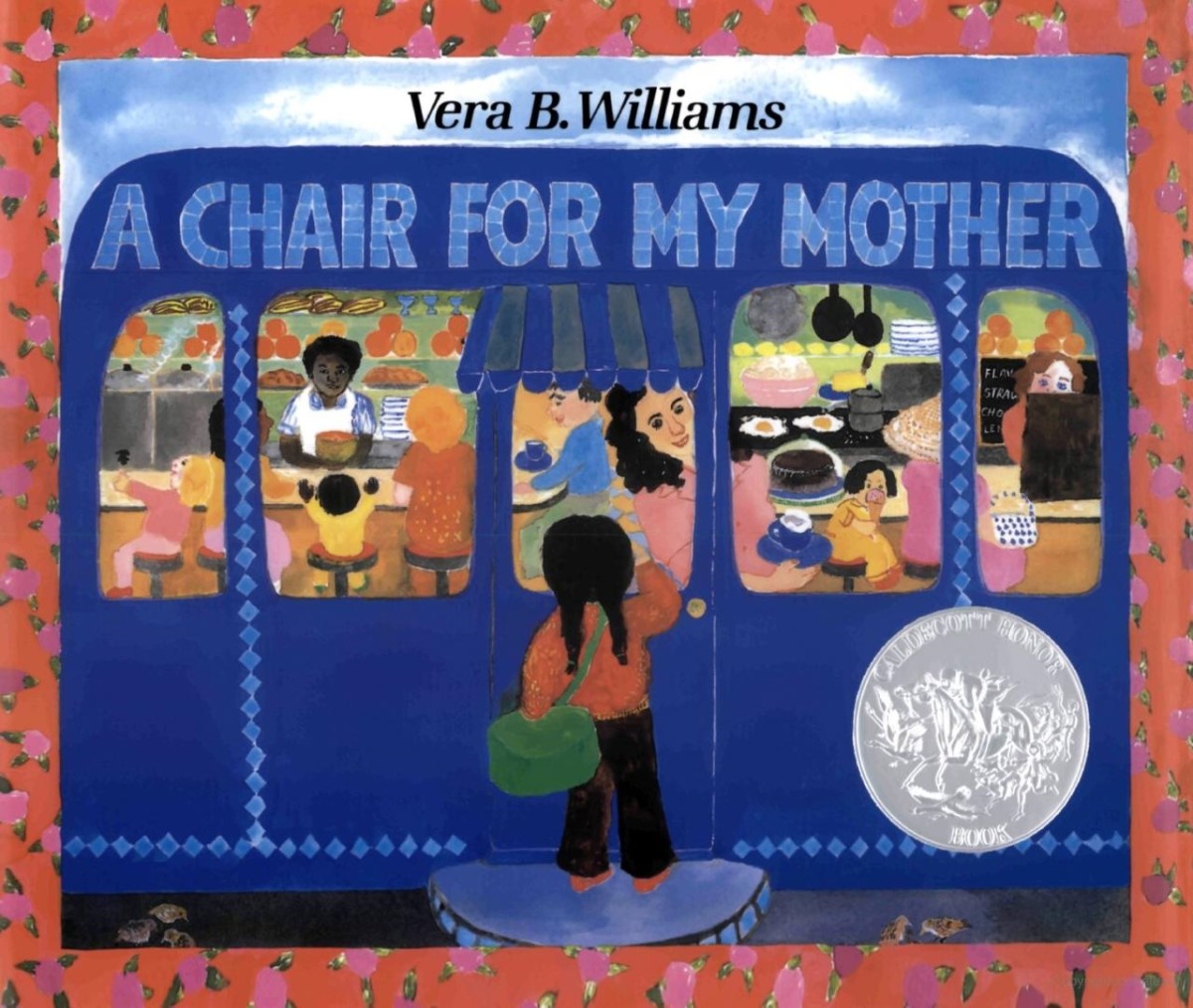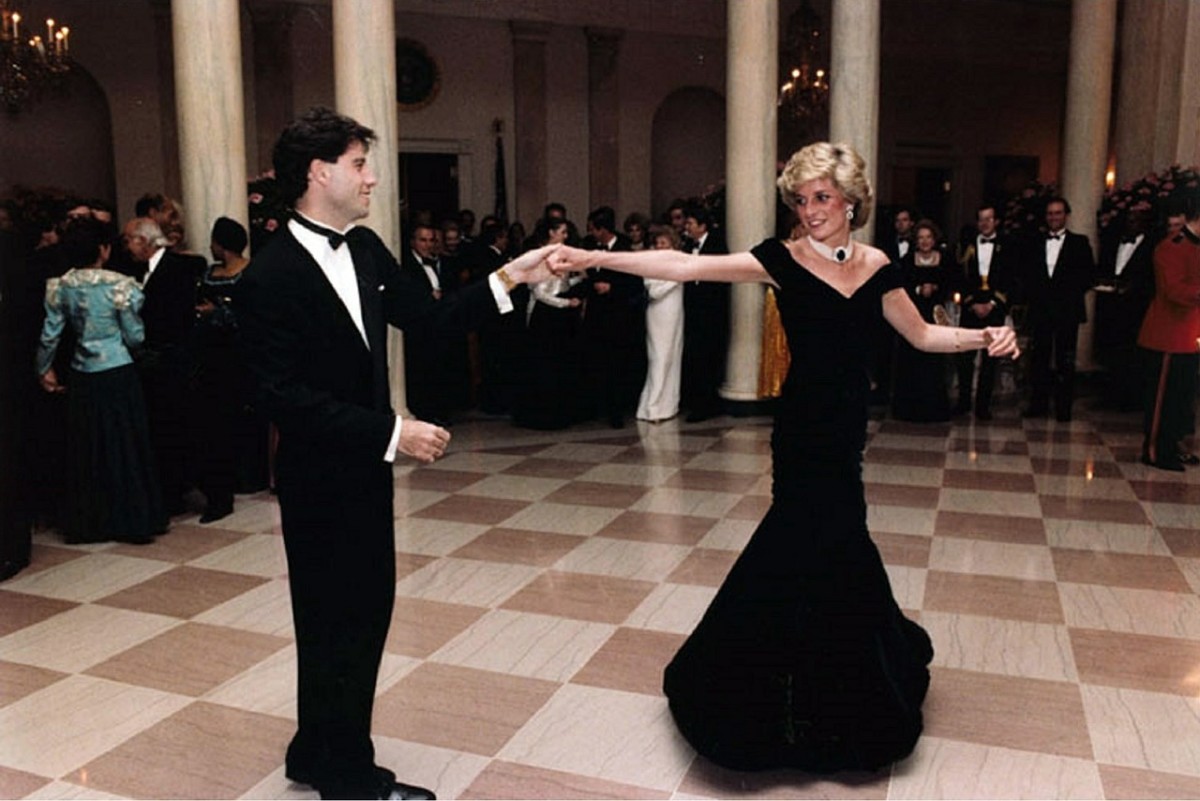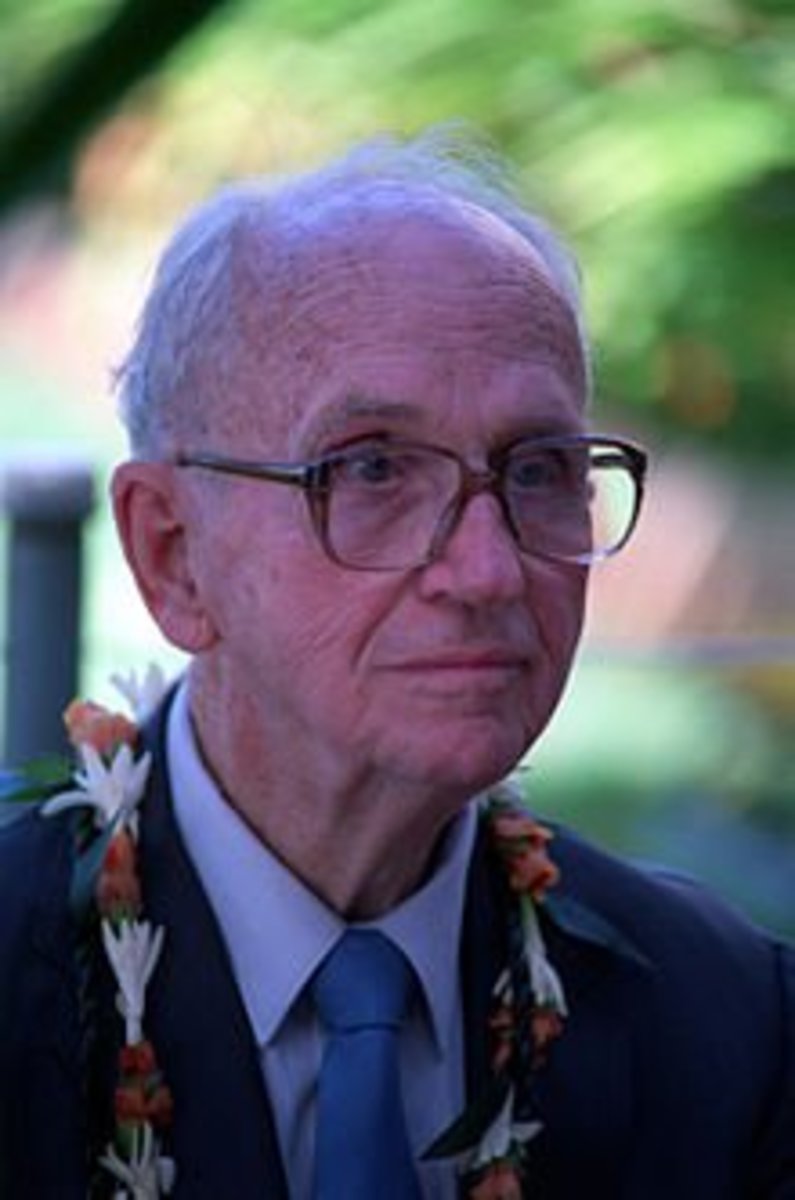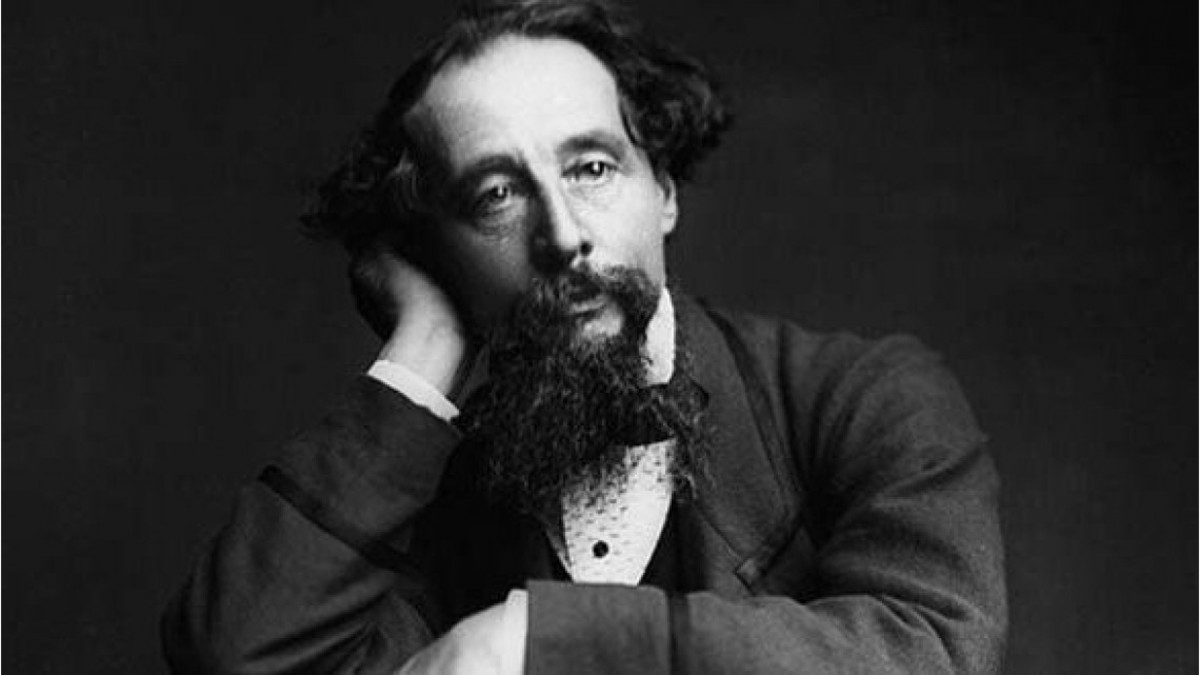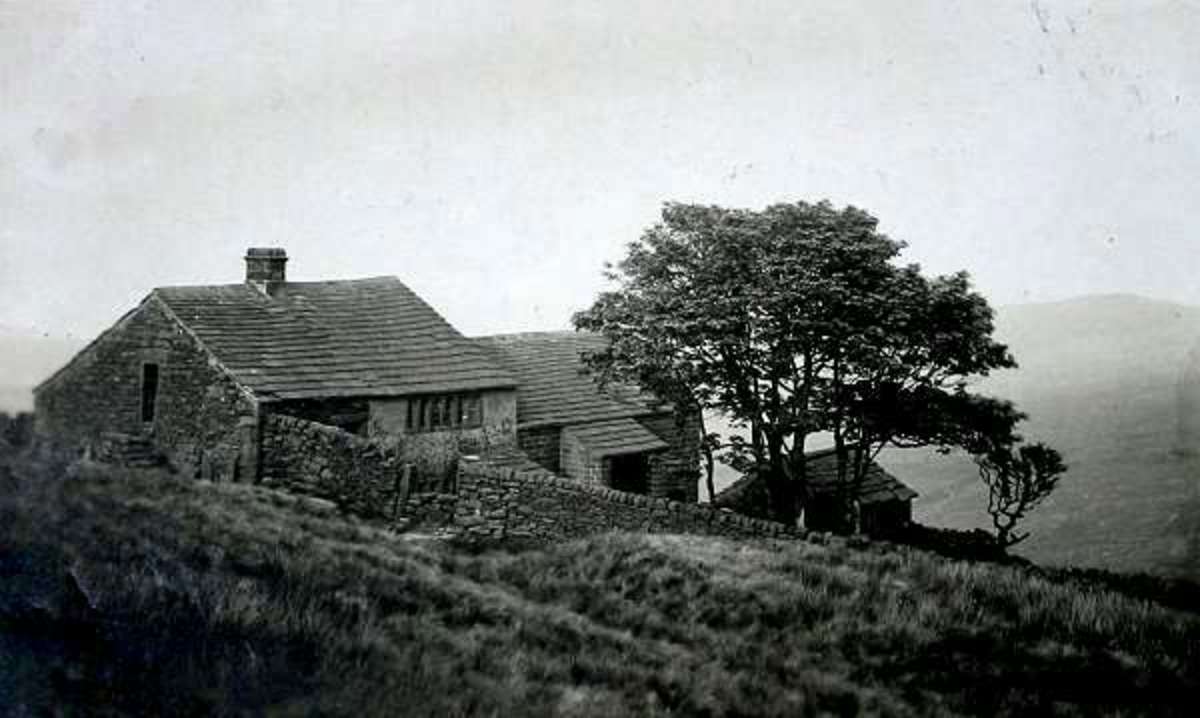Five Quarters of The Orange by Joanne Harris Book Review
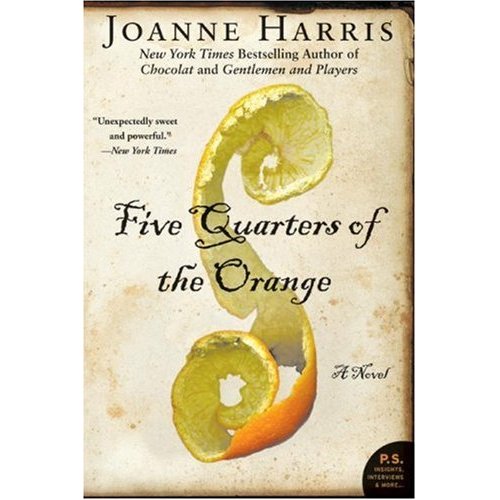
Not Just Another Foodie Chicklit Novel
Joanne Harris' Five Quarters of the Orange (Harper Perennial, 2007) draws heavily from Harris' French heritage to tell the deliciously dramatic story of Framboise Simon.
Framboise Simon is a character who lives with a legacy of tremendous guilt, based on what happened during the summer of her ninth year, in WWII Nazi-Occupied France, in a small farming community along the Loire river.
After leaving her village, Framboise as an older woman returns incognito to the Loire Valley she knows as home, despite, and perhaps because she fears that the villagers will recognize her true identity and seek retribution. But Framboise, or Boise, is drawn back to the home of her youth, and longs for acceptance on her own terms, so she buys back the delapidated old farmhouse of her childhood and opens a Crepery, which due to the safely-guarded recipes of her mother, rewards her with unexpected recognition from the world of haute-cuisine.
Boise is a strong French woman with the hardened mannerisms she has learned from her mother: a harsh, widowed farm-wife who suffers from debilitating migraines. Boise is her mother's favorite; a fact she remembers with pride. Boise's relationship with her mother is nevertheless painful and combative. Nevertheless, when her mother passes away, Boise's brother inherits the family farm, Boise's sister inherits the expensive wine in the wine cellar, and Boise inherits her mother's treasured recipe book, which conceals a diary of sorts amid erratic cryptic notes in the margins.
Five Quarters of the Orange explores multiple stories: The first, taking place in the past, is the story of Boise's family's involvement with the Nazis, which begins innocently enough, and becomes a complicated web of deceit and pain. Boise and her siblings are all taken with the young Nazi soldier, Thomaz Leibowitz, who uses his charming personality and perhaps a genuine ache for home, to establish a relationship with the children and then gather information about the village locals. For the information they provide, Boise and her siblings are rewarded with contriband from the black market. You'll have to read what happens, because if I tell you any more I'd be spoiling the plot.
Next, also occuring in the past, is the story of Boise's relationship with her mother, who suffers from debilitating migraines. Boise's mother is a hard woman, and the harsh reality of Boise's family environment drives her to escape to the Loire River, where Boise hunts for poisonous adders and fishes for Old Mother, an old pike that has eluded everyone who has ever tried to catch her. Just as there is a war raging between France and Germany, Boise is at war with her mother, who is verbally and sometimes physically abusive. And though she is a child, Boise's actions are sometimes cruel and malicious.
Finally is the story of Boise's relationship with her brother's children, who seek to capitalize on the miseries of her childhood. This storyline occurs in the present, and lends depth and complexity to the first two storylines, by exploring the consequences of what happened in the past.
The element that ties all of these stories together is a notebook full of Boise's mother's recipes. The notebook is the key to Boise's understanding of her mother, and the object of Boise's nephew and his wife, whose restaurant careers are suffering.
This story isn't just chick-lit, even though Joanne Harris' heavy use of French recipes would suggest it. And this story isn't Chocolat, the novel that made Harris so famous, even though, admittedly, the plot and character elements are incredibly similar. This story has a darker tone with a much more intricately crafted plotline.
You will want to read this story for its richly complicated characters, its strong (and unique) plotline, and the richly descriptive prose that will keep you turning pages. Harris deftly crafts her story in such a way that layers of information are pieced together, one element at a time, with just enough mystery to keep you guessing until the very end. And do be sure to read to the end, because the ending isn't the predictable one you might expect.
In Five Quarters of The Orange, Harris imbues a sense of mystery through carefully arranged storytelling. Here is a taste:
When my mother died she left the farm to my brother, Cassis, the fortune in the wine cellar to my sister, Reine-Claude, and to me, the youngest, her album and a two-liter jar containing a single blak Perigord truffle, large as a tennis ball, suspended in sunflower oil, that, when uncorked, still releases the rich dank perfume of the forest floor. A fairly unequal distribution of riches, but then Mother was a force of nature, bestowing her favors as she pleased, leaving no insight as to the workings of her peculiar logic.
And, as Cassis always said, I was the favorite.
-Five Quarters of the Orange, Page 1
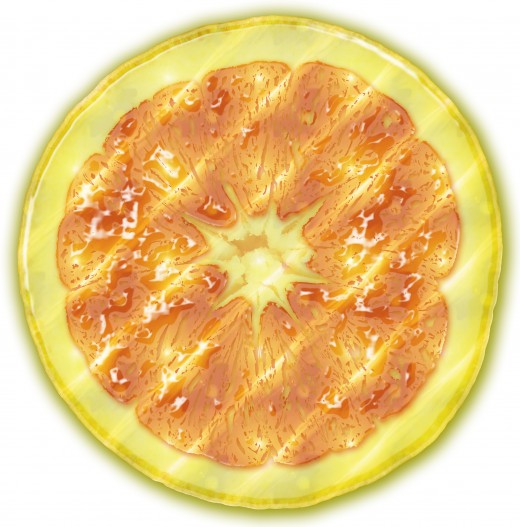
I love books about the American West, but I don't limit myself to the western genre. Here are some of my favorite novels with reviews.
The Big Rock Candy Mountain by Wallace Stegner ♦ Till We Have Faces, A Myth Retold by C. S. Lewis ♦ The Awakening by Kate Chopin ♦ Out of the Dust by Karen Hesse ♦ Where You Once Belonged by Kent Haruf ♦ Water for Elephants by Sara Gruen ♦ Bee Season by Myla Goldberg ♦ 12 Novels Featuring The American West ♦ Five Quarters of the Orange by Joanne Harris




